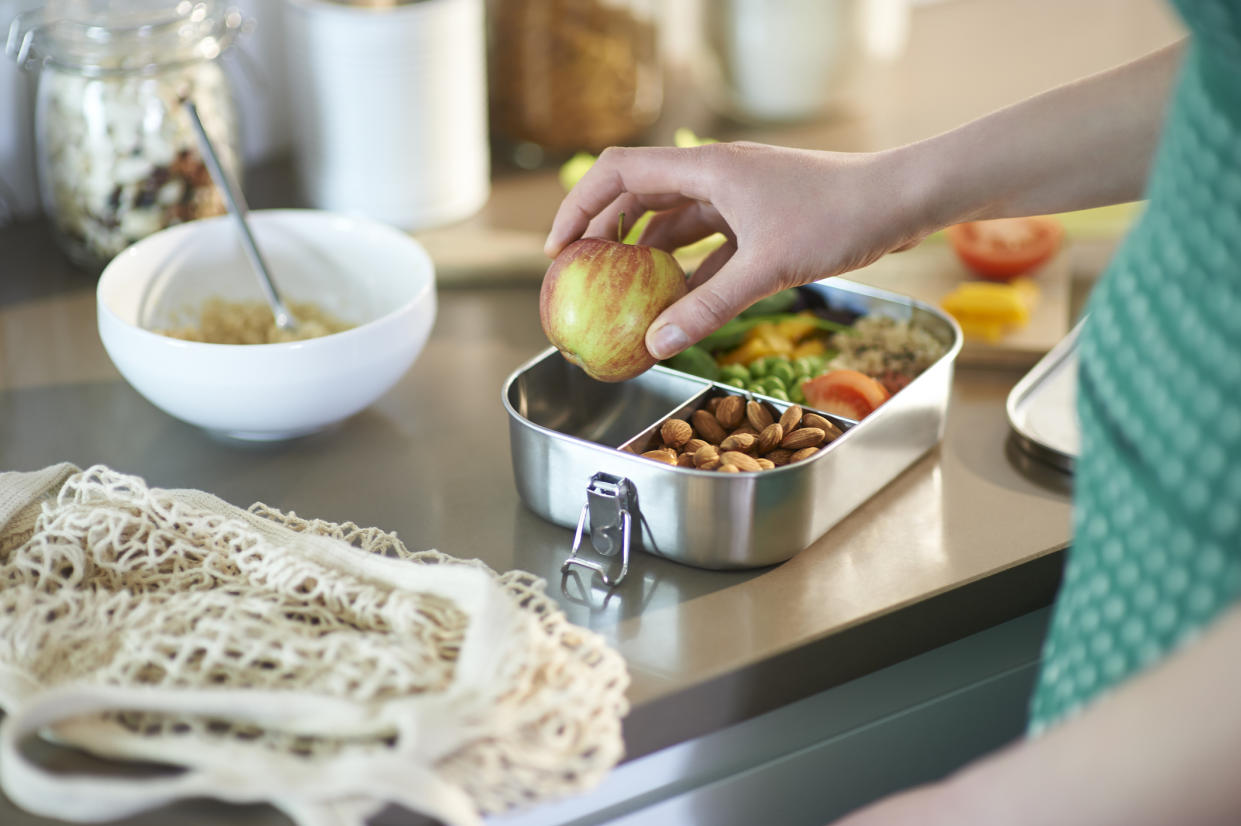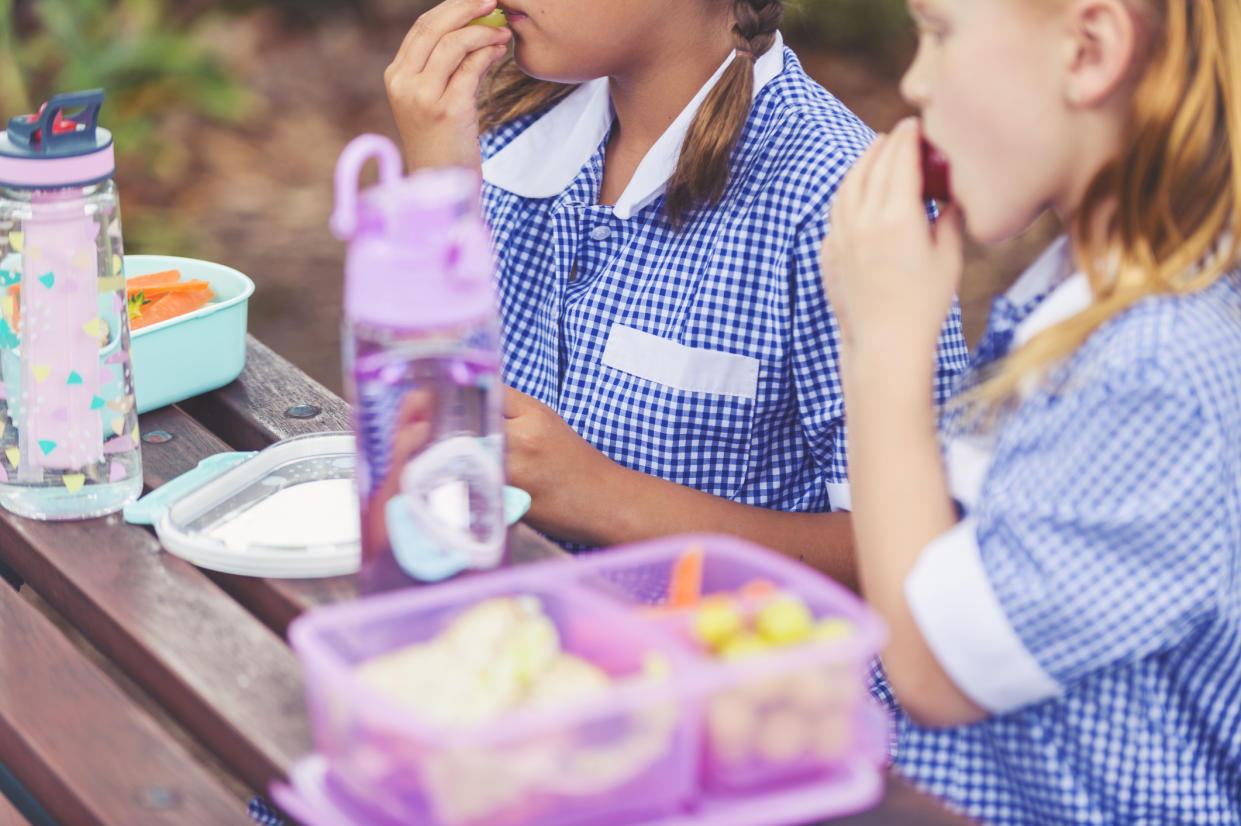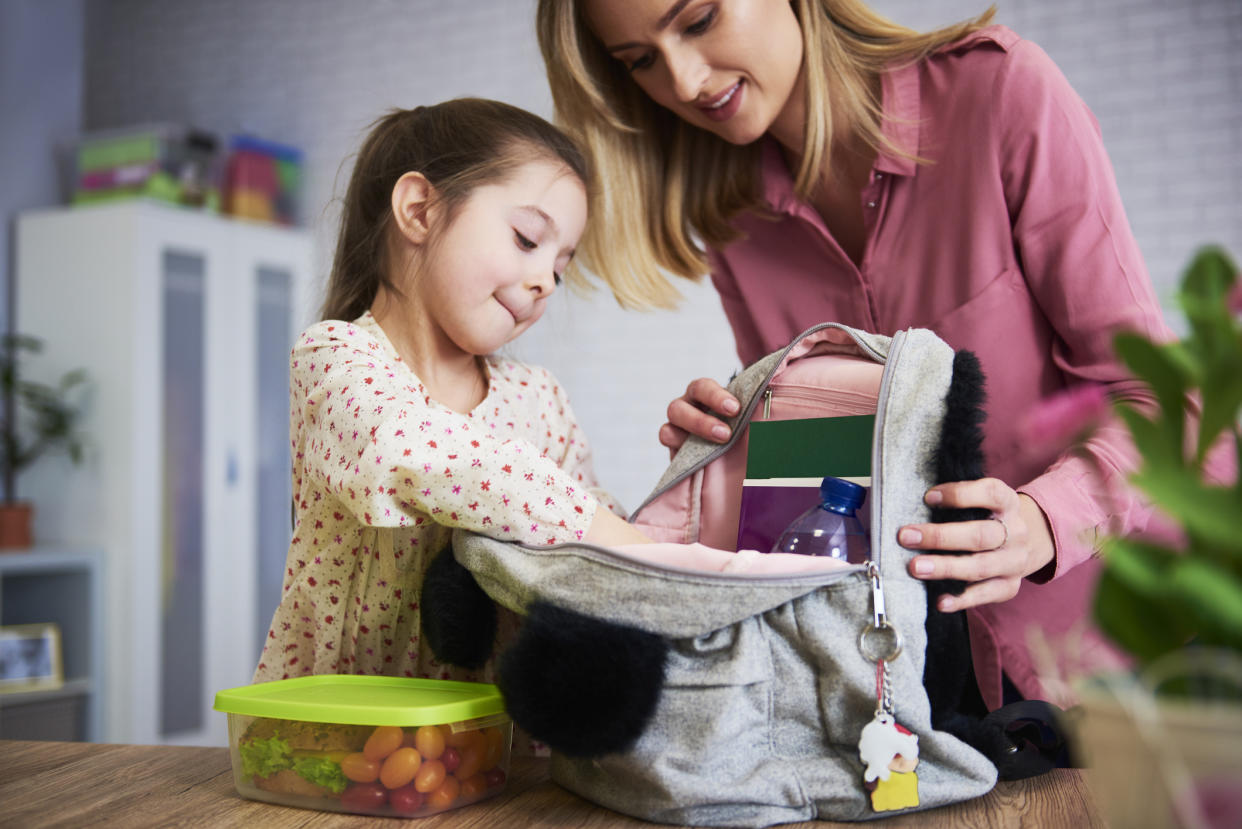Foods you should stop putting in kids’ packed lunches

The summer holidays are all but over and with the kids returning to school parents will be scrambling to put together something nutritious for their child's packed lunch.
While it's important to ensure lunchboxes are filled with healthy options, it's equally crucial to understand that certain common foods could be a health risk.
Sure we know dairy spoils quickly in the heat, but it's less commonly known that cooked rice and even cut fruits can be major sources of bacteria in kids' lunch boxes.
So as parents prep for the big back to school it's important to understand the hidden risks to ensure your child's midday meal is as safe as possible.
"It's a common practice for parents to use whatever they have on hand when preparing their children's lunch boxes, but they ought to know some dangers related to this option," dietitian and nutritionist, Varsha Khatri from Prowise Healthcare, tells Med Genius.
Khatri says some of the food items that appear innocent may harbour germs under suitable conditions.
"To guarantee the safety of your child’s lunch, you should avoid putting in any opened or close to expired items," she continues. "Therefore, pay close attention to the labels on the due dates and also avoid dairy products and cheese if there is no refrigeration in mind."
To reduce the chances of spoilage and bacteria formation, Khatri also recommends opting for fresh as well as non-perishable alternatives.
"By doing so, lunchtime can be both healthy and safe," she adds.

Packed lunch foods to avoid
Dairy Foods: Foods that have a high water content like yogurt, milk, or fresh cheeses can easily get spoiled when held above the right temperature for long. "Keeping these out of your lunch pack would be wise unless you possess a meal bag with a cooling unit," Khatri explains.
Mayonnaise–based salads: Salads made out of eggs, chicken, or even tuna have a high spoilage tendency especially when the weather is hot. Instead Khatri suggests choosing vegetarian versions that do not spoil fast and do not need to be stored within refrigeration, such as nut butter.
Packed leftover cooked meats: Voluminous lunch packs containing meat cooked the evening before can also be tricky and require caution where their cooling after cooking is not completely enforced. "Parents should pack fresh proteins, and vegan or deli meats contained appropriately," Khatri advises.
Surprisingly spoilage-prone packed lunch foods
Pre-cut vegetables and fruits: They may be convenient but according to Mashed, Consumer Report wrote that pre-cut produce was "more likely to be contaminated with bacteria". Khatri says fruits should be consumed as whole ones like apples and bananas.
Bread products: Substantial sandwiches wrapped in moist soft breads may soften or rot upon gaining moisture. Khatri suggests avoiding the problem by wrapping sandwiches in parchment paper and keeping moist components such as tomatoes separate.
Cooked rice: "Many parents don’t realise that cooked rice can act as a culture medium for harmful bacteria if not cooled and stored properly," Khatri explains. "Therefore, if you do not want rice to be cold, packed rice dishes should be avoided."

General packed lunch tips
Use insulated lunch boxes: And an ice pack to guarantee that lunches stay in safe temperature zones.
Pack in portions: Controlling the amount of food by having smaller sizes or portions in the lunch box also reduces the likelihood of leftovers going bad before being eaten.
Educate kids: Food safety education, such as avoiding the warming of lunch boxes, should also be extended to children, so that they also understand the risks.
Read more about children's health
New app teaches parents about 'emotional health issues' as over half of 4-7 year olds struggling (Yahoo Life UK, 6-min read)
One in three school starters need help to drink and eat independently (Yahoo Life UK, 5-min read)
Nutritious and cheap packed lunch ideas for kids (Yahoo Life UK, 6-min read)


